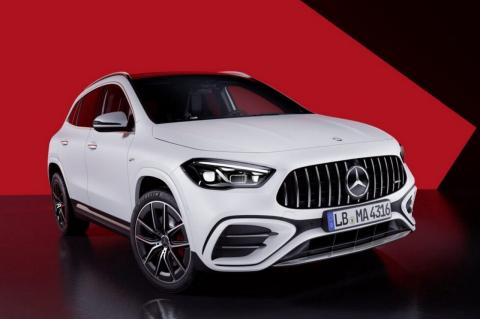Toyota is one of the brands that is betting more heavily on hydrogen, also in a liquid state, and here we have proof of this.
Toyota has become a pioneer in the use of liquid hydrogen as a racing fuel, after completing the first test of a Toyota Corolla racing car powered by this technology.
The test took place during the Super Taiku held at the Fuji circuit, at the end of February. For this he used a Toyota Corolla, the same model that he has already used in previous tests with hydrogen gas.
Toyota, pioneer in the use of liquid hydrogen as competition fuel
Toyota is one of the brands that is betting more strongly on hydrogen and here we have proof of this: “We are fighting to create a future for the internal combustion engine by tackling a technology considered unfeasible for cars, in the unexplored territory of – 253 °C,” explained Corolla driver Masahiro Sasaki.
The Japanese manufacturer hopes to develop the car with this technology so that it can compete in the 2023 season of Super Taikyu racing, which begins later this month.
To do this, the liquid hydrogen Corolla carried out three sessions last February, simulating real race conditions and sharing the track with other racing cars.
Advantages of liquid hydrogen
In addition, the car had to refuel on schedule, which is one of the challenges and benefits of liquid hydrogen. As a general rule, a liquid fuel is more energetically dense than a gas, which helps to increase the range.
That also makes the amount of fuel smaller, which means fewer transport trucks are needed to get it to the stations.
Additionally, liquid hydrogen does not need to be pressurized, which translates into greater design freedom for fuel tanks. It also means that refueling can be done more easily, which is essential in racing.
There is life beyond hydrogen; ammonia proves to be much cleaner and more efficient
The challenge of this technology
As Masahiro Sasaki explains, keeping hydrogen in a liquid state requires cooling it to -253 degrees during refueling and storage, which presents its own challenge. Engineers also have to deal with the natural vaporization of hydrogen as the reservoirs heat up.
Toyota plans to use the Super Taikyu racing series to develop solutions to these difficulties, as it already started in March last year with the hydrogen-powered Toyota Corolla, borrowed from a GR Yaris.











